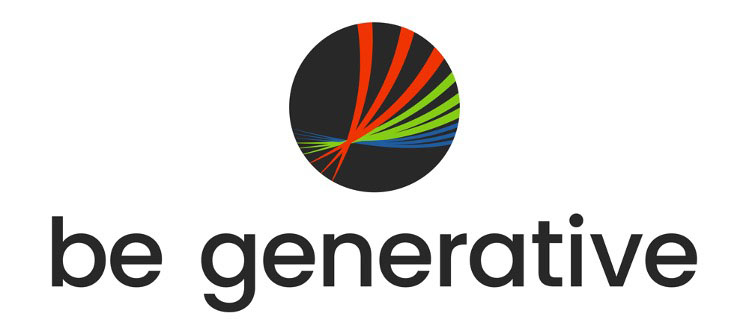
Celebrating 20 Years & Embracing New Possibilities
For two decades, Fathom has been synonymous with building impactful brands and businesses. We are immensely grateful for the opportunity to have worked alongside such inspiring clients.
As one journey ends, another begins. We are proud launch two new ventures that represent our ongoing commitment to turning possibilities into reality. Dave Louden is now leading LoudenClear, and Brent Robertson, leading Be Generative. We invite you to learn more by visiting us at:

